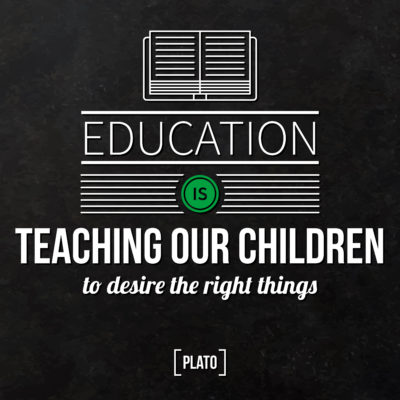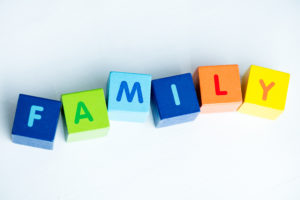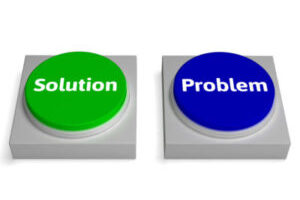I grew up with a mom who taught my brother, sister and I to never stare, to never tease, and to never treat a person with a disability with anything other then kindness and respect. If she even thought we were about to laugh… it were curtains for us! It is that upbringing that makes me the teacher I am today. It is the reason why I am the way I am when I have my students with me while on the school campus or in the community. I better not see a person stare, snicker, laugh, or say something about my own!!!
On this particular day, I was taking my student to go get lunches from the cafeteria. Jay (not his real name) has a disability that allows for very, very easy weight gain, along with a myriad of other problems. So, for Jay, he is very, very big for his stature. Jay and I head out the door. He is full of smiles and giggles as we make our way to the cafeteria. Rounding the corner of the building, we encounter a group of sixth graders headed back to their classroom. Some of the students recognize Jay and I, and proceed to say hi. Other then a few mild stares of interest and curiosity, everything was good until the last three boys in line pass us. As they pass, while staring at Jay, one boy whispers to the other two boys and all three laughs. I immediately knew they were talking about and laughing at Jay. I look down at Jay, and the look on his face hurt my heart. What were once smiles, giggles, and a twinkle in his eyes was now turned to hurt. He knew those three boys were laughing at him as well.
Immediately, I stopped the three boys and asked them if they were talking about and laughing at Jay. Two of the boys (the one who whispered and one of the two that laughed) immediately said no. The third one put his head down. I looked at boy number three and asked him directly, “Were you talking about and laughing at my student?” He said, “Yes.” I looked at the other two boys and asked them again, which in turn, they both responded with “Yes.”
Me, “Was that nice of you guys?”
All three boys, “No.”
Me, “What should you have done?”
Boy #3, “Said Hi?”
Boys #1 and #2, “Nothing”
I go on to give them a quick lesson on disabilities, awareness, and sensitivity. I tell them that Jay did not ask for this, and that his disability is something he has to live with for the rest of his life. I finish with one last question, “What if you had a disability like Jays? Would you want someone laughing at you?”
All three boys, “No.”
Me, “What do you think you guys need to do now?”
Boy #3, “Apologize?”
Me, “Exactly!!!”
While all of this was going on, the three boy’s teacher had walked backed to where we were standing and listened. As soon as I said “exactly”, the teacher looked at the three boys and asked them why they were hesitating, “You better apologize and make me believe you three are sincere about it!”
While the three boys were apologizing, the teacher looks at me and tells me, well done. She goes on to say that she is going to have to use what I said to teach all of her students about disabilities, awareness, and sensitivity. I go on to let her know if she needs any help, I am there for her.
Teaching has to be more then English, math, science, etc. Even as special education teachers, we have a responsibility to teach all students to be caring, empathetic, culturally sensitive, responsible, model citizens. If we turn a deaf ear to teasing, a blind eye to bullying, and a closed mouth to everything else, then we are no better then the students who engage in these behaviors! Why? Because we are telling them we condone those behaviors. Don’t pass up those teaching moments. They are more valuable then any English, math, and science lesson you teach!


